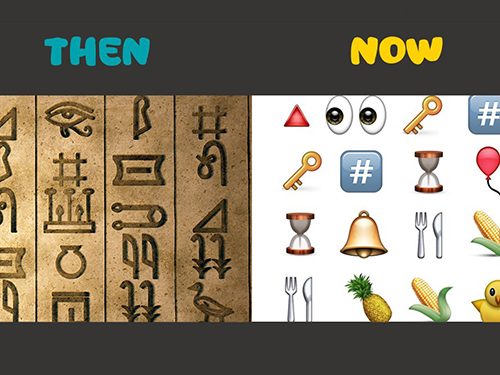Cultivating Sustainable Mindsets

10 August 2020 – Osman Bedel – Cultivating Sustainable Mindsets: Empowering Students through Sustainability Education Introduction In a world faced with pressing environmental challenges, sustainability education has emerged as a powerful approach to equip students with the knowledge and skills necessary to create a more sustainable future. By fostering an understanding of the environmental, economic, and social impacts of our choices, sustainability education empowers students to make informed decisions and take action towards a more sustainable way of living. In this blog post, we will explore the importance of sustainability education and how it equips students to live more responsibly and contribute to a sustainable society. Understanding the Interconnectedness of Systems Sustainability education begins by fostering an understanding of the interconnectedness of ecological, economic, and social systems. Students learn about the intricate relationships between human actions, the environment, and society. This holistic perspective allows them to recognize that our choices have far-reaching consequences, impacting not only the natural world but Read More …















